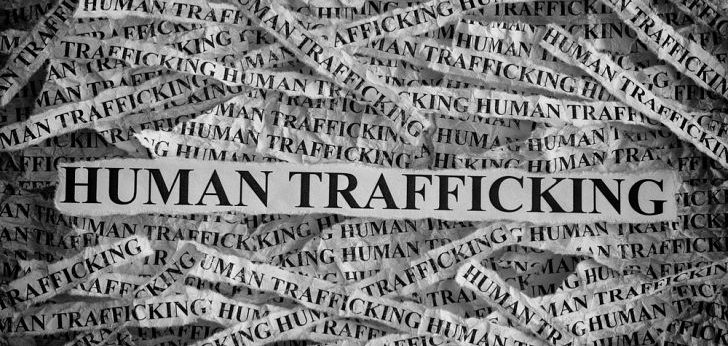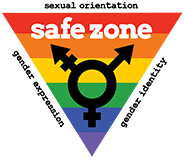
Today is National Human Trafficking Awareness Day in the United States. January is also Stalking Awareness Month. As a domestic and sexual violence crisis center, we know these are two under-reported and misunderstood forms of abuse. It is critical that we raise awareness of stalking and trafficking so potential future victims are aware of the signs that they may be being targeted or groomed for abuse. It is critical that we raise awareness so community members can recognize red flags and offer support. It is critical that we raise awareness so that law enforcement and criminal justice agencies can recognize perpetrators and hold them accountable.
It is also [possibly most importantly] critical that we raise awareness because these are two crimes that most people don’t really understand.
Our society has sent a message that stalking looks like a stranger parked outside your house in a white van with a pair of binoculars or that trafficking looks like a child kidnapped off the street and sold for sex. We’ve seen conspiracy theories alleging that children are being sold like furniture and that stalkers are hiding in grocery store parking lots, waiting to kidnap the first person who isn’t paying attention to their surroundings.
It is never a bad idea to be vigilant, cautious, or aware of the world around you. However, if we’re only raising awareness of what stalking or trafficking look like in the movies, we’re not going to make any progress on preventing this type of crime.
The vast majority of children who are sexually abused (90-93%) know their abuser. Many stalking victims are being stalked by a current or former partner in an extension of the fear and control of abusive relationships. Most trafficking victims are groomed for the abuse and exist within a cycle of violence, must like any other victim of domestic battery. Most of these crimes (and most of these criminals) exist within our own backyards. We don’t need to look out for a Jeffrey Epstein or an R. Kelly to protect our loved ones. We need to look out for the child who is telling us they feel uncomfortable around their teacher or swim coach or family member. And we need to believe them. We need to look out for our friend who seems more nervous or agitated since they started a new relationship. We need to believe disclosures of abuse and we need to remind survivors that they’ve done nothing wrong.
Learning to recognize the signs of trafficking and stalking look much less like uncovering a global conspiracy and much more like learning to recognize the everyday signs that someone may be uncomfortable or unsafe.
The most important thing we can do for survivors of any form of interpersonal power-based violence is work for a future without violence and remind survivors that you are not alone.
Safe Passage is here 24/7 with free and confidential support for survivors of trafficking and stalking. Call us at 815-756-5228 or text (24/7) at 815-393-1995. You are not alone.



